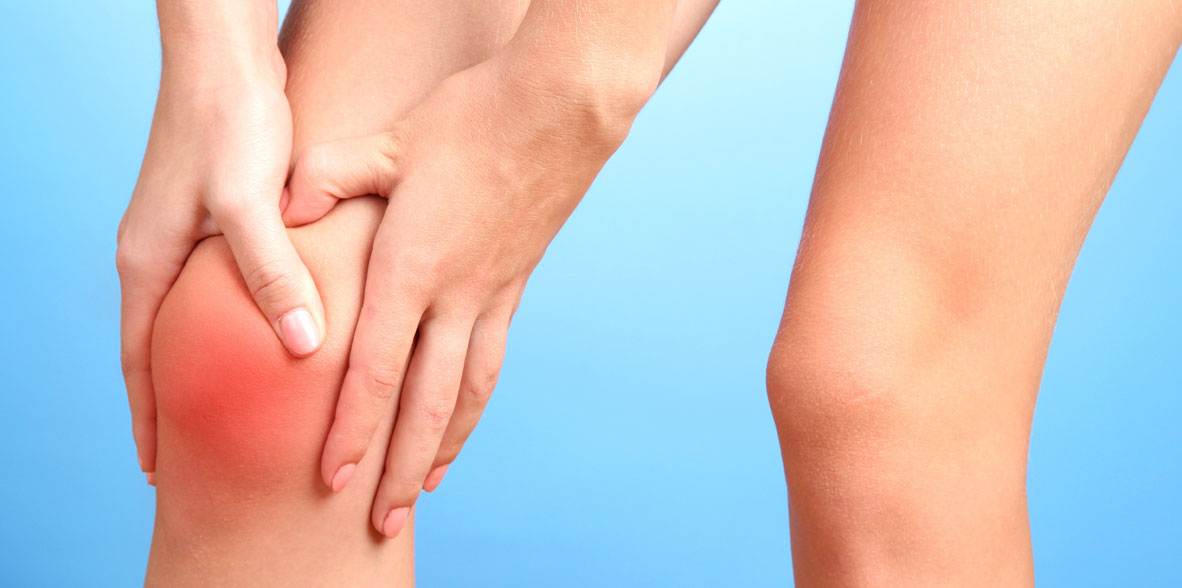

 Centro Médico Teknonen/health-centers/centro-medico-teknon
Centro Médico Teknonen/health-centers/centro-medico-teknon- Centro Médico Teknonen/health-centers/centro-medico-teknonHospital Universitari General de Catalunyaen/health-centers/hospital-universitari-general-catalunya
 Centro Médico Teknonen/health-centers/centro-medico-teknonHospital Universitari Sagrat Coren/health-centers/hospital-universitari-sagrat-cor
Centro Médico Teknonen/health-centers/centro-medico-teknonHospital Universitari Sagrat Coren/health-centers/hospital-universitari-sagrat-cor
Adhesive capsulitis, commonly known as frozen shoulder, is a condition that affects the shoulder joint, resulting in pain and progressive loss of motion. It is characterized by inflammation and thickening of the shoulder joint capsule, which leads to the formation of scar tissue in the joint.
Symptoms:
Shoulder pain is one of the initial symptoms and may be constant or increase gradually. Stiffness is a hallmark symptom, and patients often experience progressive limitation of shoulder motion. The ability to perform specific shoulder movements, such as raising the arm or rotating the joint, is significantly reduced. The pain may increase during the night, affecting the quality of sleep.
Adhesive capsulitis generally develops in three phases:
1- Pain Phase (Inflammatory):
Severe pain is experienced, especially during shoulder movement.
Stiffness and loss of mobility begin to manifest.
2- Rigidity Phase (Adhesive):
The pain may decrease, but the stiffness and limitation of movement become more pronounced.
The joint capsule becomes thicker and tighter.
3- Recovery Phase (Thaw):
Stiffness gradually decreases, and shoulder mobility begins to improve.
It may take months or longer to fully regain range of motion.
Treatment:
Treatment of adhesive capsulitis is usually gradual and may include:
- Medications: Nonsteroidal anti-inflammatory drugs (NSAIDs) to reduce inflammation and relieve pain.
- Physical Therapy: Exercises and physical therapy to improve shoulder mobility and reduce stiffness. The physical therapist can teach specific exercises to do at home.
- Corticosteroid injections directly into the joint to reduce inflammation.
- Manipulation Under Anesthesia: In some cases, shoulder manipulation can be performed under anesthesia to break the stiffness.
- Surgery (In Severe and Treatment Resistant Cases): Surgical release of the capsule (capsulotomy) may be considered in severe and persistent cases.
It is important to address adhesive capsulitis early to prevent progression of stiffness and improve treatment outcomes. The choice of treatment will depend on the phase of the condition and the patient's individual response.



































